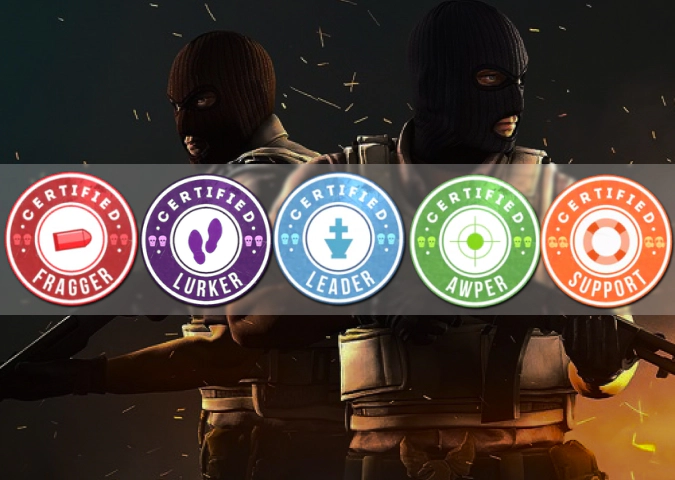Bodrum Escapes: Your Guide to Luxury and Leisure
Explore the best of Bodrum with exclusive insights and tips for an unforgettable experience.
Leading the Charge: What Makes a Great CS2 IGL?
Uncover the secrets of exceptional CS2 IGLs! Discover key traits that set the best leaders apart in competitive gameplay.
The Essential Traits of a Successful CS2 IGL
In the competitive landscape of CS2, an In-Game Leader (IGL) plays a pivotal role in shaping the team's success. One of the essential traits of a successful IGL is strategic thinking. This involves the ability to devise effective game plans and adapt strategies on-the-fly based on the opponent's tactics. An IGL must analyze the strengths and weaknesses of both their team and the enemy, making quick adjustments to seize the upper hand. Furthermore, possessing a deep understanding of the game’s mechanics, maps, and weaponry significantly enhances an IGL's effectiveness during matches.
Another critical trait is effective communication. A successful IGL must convey strategies clearly and confidently, ensuring that all team members understand their roles and responsibilities. This can be achieved through regular practice and fostering a positive team atmosphere. Furthermore, decision-making under pressure is a vital IGL skill. In high-stakes situations, the best IGLs remain calm and composed, guiding their teammates with concise commands that can turn the tide of a match. Overall, these traits not only define a successful CS2 IGL but also contribute to building a cohesive and high-performing team.

Counter-Strike is a highly popular first-person shooter game franchise that emphasizes teamwork and strategy. Players can choose from various weapons, including the mp7, to enhance their gameplay experience and compete in thrilling matches.
How Effective Communication Shapes CS2 Leadership
Effective communication is a cornerstone of successful leadership in Counter-Strike 2 (CS2). It enables leaders to convey their vision, strategies, and expectations clearly to their team members. When leaders articulate their goals with clarity, players are better equipped to understand their roles in the game, resulting in improved teamwork and execution during matches. Moreover, regular feedback sessions foster an open environment where team members feel valued and empowered to express their thoughts. This two-way communication not only enhances morale but also significantly increases the team's adaptability in high-pressure situations.
Furthermore, using tools such as voice communication and in-game messaging can further enhance the effectiveness of leadership in CS2. Leaders who leverage these platforms to communicate effectively can make quick decisions that guide their teams through crucial moments. Additionally, hosting regular strategy discussions allows for an exchange of ideas where players can contribute their insights, making the team more cohesive and strategically sound. In essence, effective communication fosters trust, collaboration, and ultimately drives the success of CS2 leadership.
Key Strategies for IGLs to Enhance Team Performance in CS2
In the dynamic landscape of competitive gaming, particularly in CS2, in-game leaders (IGLs) play a pivotal role in shaping team performance. One of the key strategies for IGLs to enhance their team's effectiveness is to establish clear communication protocols. This involves not only conveying strategies and calls during gameplay but also fostering an environment where team members feel comfortable sharing ideas and feedback. Utilizing tools like TeamSpeak or Discord can facilitate real-time communication, ensuring that every player is on the same page. Furthermore, regular team meetings outside of gameplay are essential for discussing past matches, analyzing performance, and refining tactics.
Another crucial strategy is to prioritize team synergy through structured practice routines. IGLs should implement drills that focus on teamwork, coordination, and individual roles within the team. This can be achieved through organized scrimmages that emphasize various game scenarios, helping players learn how to adapt and trust one another during high-pressure situations. Additionally, incorporating a system of progressive goals can motivate the team to strive for continuous improvement. For instance, during practice sessions, IGLs can set specific objectives, such as achieving a certain chemistry level or mastering a particular strategy, ensuring that every practice is purposeful and productive.